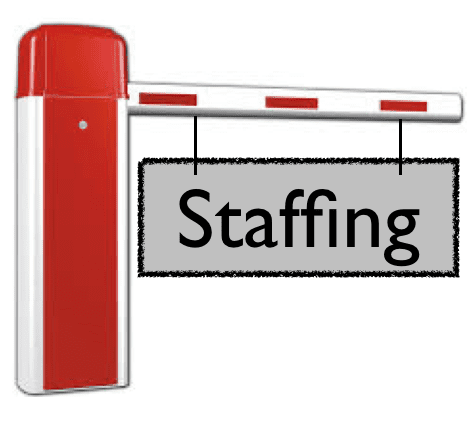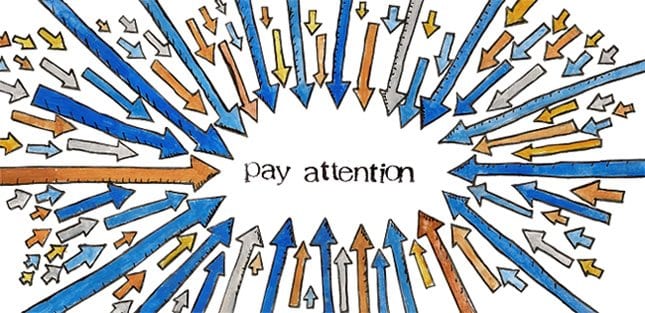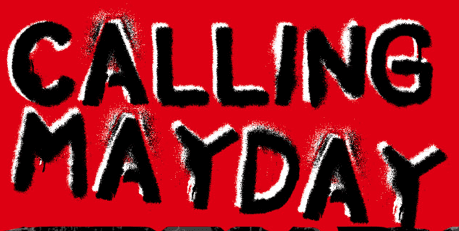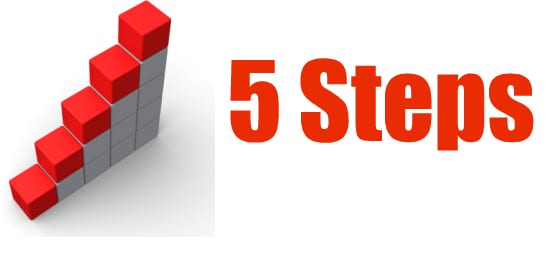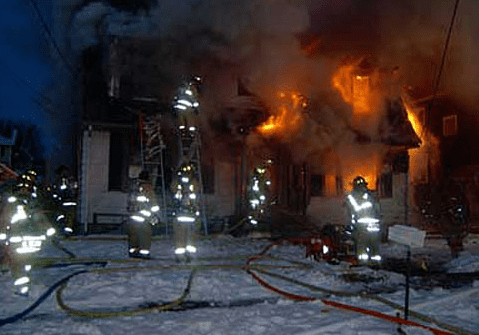Staffing Levels Impact Situational Awareness
Research has demonstrated that, without question, stress can have significant impacts on situational awareness (SA). Stress can narrow your attention, cause task fixation, contribute to heightened awareness of non-critical information (at the detriment of more critical information) and so much more. As stress erodes situational awareness, it can also impact decision making. The research I […]
Staffing Levels Impact Situational Awareness Read More »

